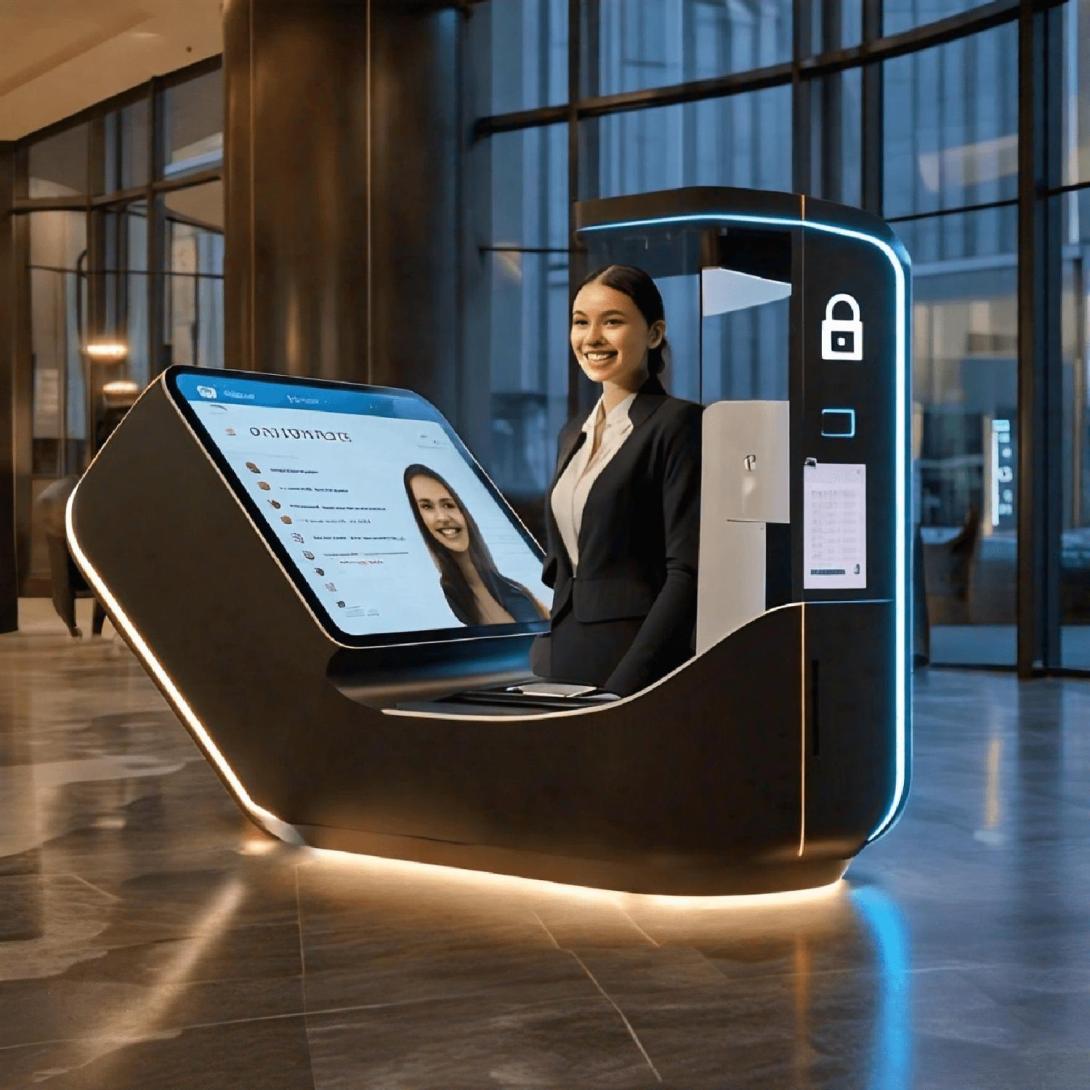Facial Recognition Technology in Hotels: Enhancing Security and Personalization

Facial recognition technology is revolutionizing the hospitality industry by providing a dynamic solution to enhance both security and personalization for hotel guests. By leveraging sophisticated algorithms, hotels can now offer a seamless and secure check-in process, eliminating the need for traditional key cards or cumbersome ID verification. This technology scans guests' faces upon arrival, allowing for a smoother, more efficient entry experience. Such advancements are particularly beneficial in high-traffic hotels where speed and efficiency are crucial.
The integration of facial recognition not only boosts security but also personalizes the guest experience. With this technology, hotels can customize services based on individual preferences identified through previous stays. For instance, a returning guest’s favorite room temperature or preferred room service can be automatically set upon arrival. This level of personalization makes guests feel valued and enhances their overall experience, turning a simple stay into a memorable visit.
However, the adoption of facial recognition technology also raises concerns. Some guests may feel fretful about the privacy implications of having their biometric data stored. It is essential for hotels to address these concerns by implementing robust data protection measures and being transparent about how the data is used and stored. Ensuring that personal information is handled responsibly can help conserve guest trust and comfort.
In summary, facial recognition technology in hotels represents a leap forward in creating a secure, personalized experience. By balancing innovative technology with stringent privacy practices, hotels can provide a service that is both efficient and respectful of guest concerns.